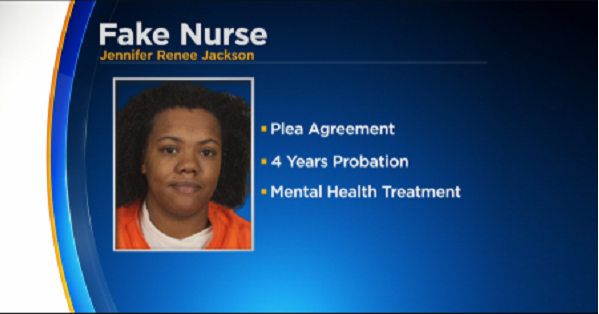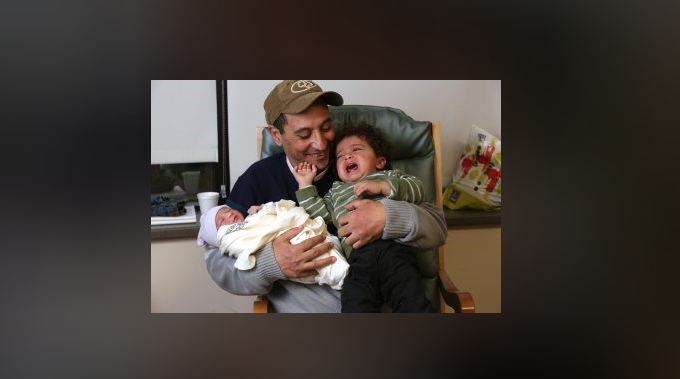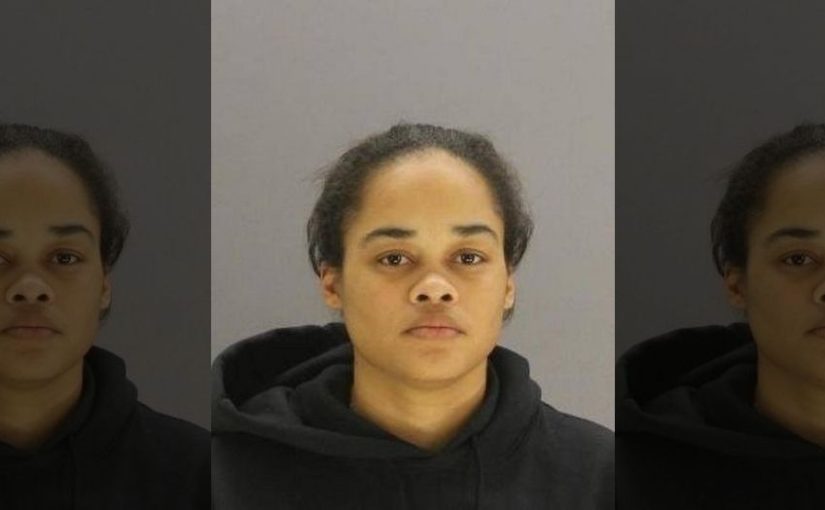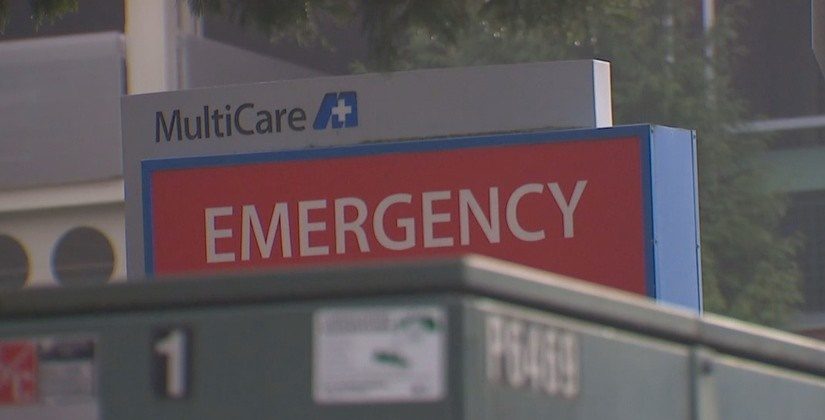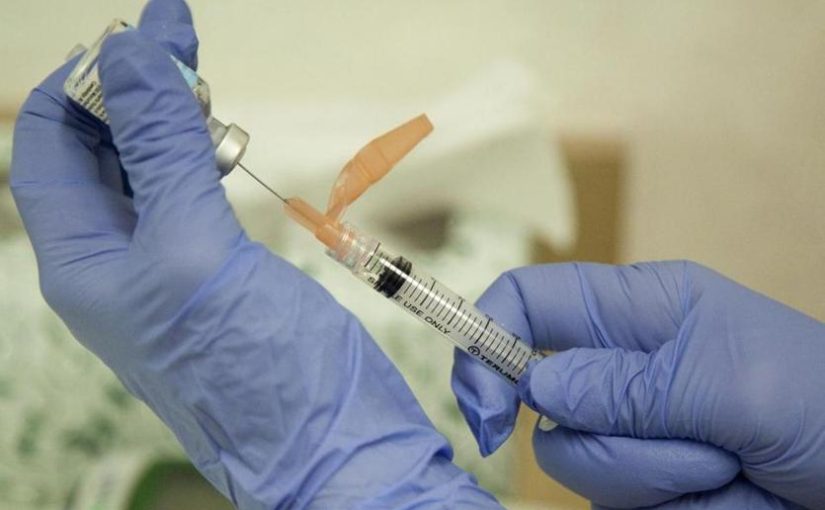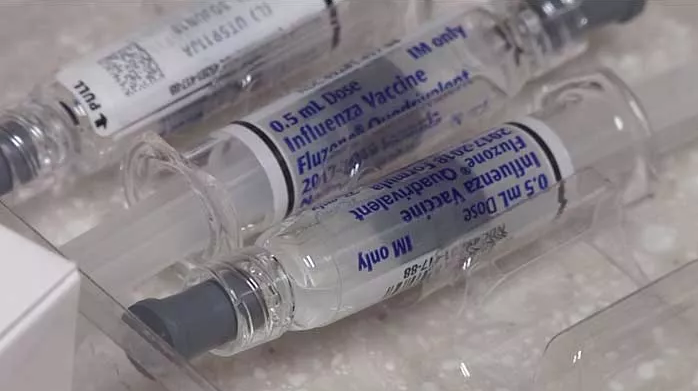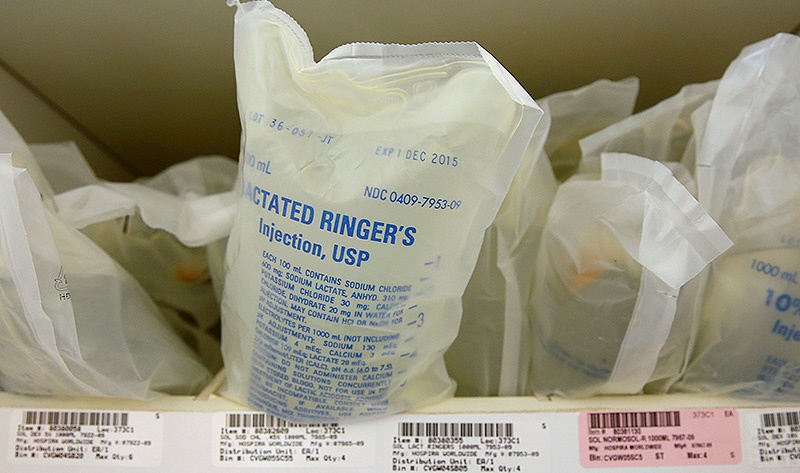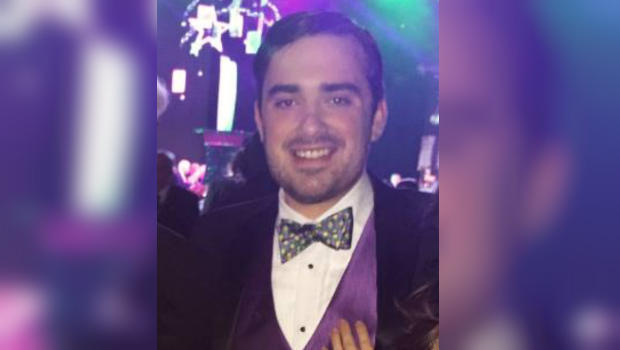A Texas mother is in jail after hospital staff sounded alarm over a boy who had been seen 323 times at various medical centers and undergone 13 major surgeries in his eight years of life. Kaylene Bowen, who has allegedly previously claimed her son was dying of a genetic disease, fighting cancer and suffering from several other ailments over his lifetime, was arrested on a warrant accusing her of injury to a child with serious bodily injury, The Star-Telegram reported.
Bowen, 34, remains in Dallas County Jail while the boy, whose name is Christopher, and his two half-siblings have been placed in foster care. The boy’s father, Ryan Crawford, said he’s tried alerting authorities to Bowen’s actions previously, but was shut down by courts who sided with her.
“It was always the same story: Christopher is dying,” Crawford told The Star-Telegram. “The father doesn’t need to be around because he doesn’t know how to take care of him. Every time I went to court, they made me feel like I was the worst human ever.”
According to a Child Protective Services petition, Christopher was seen 323 times at hospitals and pediatric centers in Dallas and Houston between 2009 and 2016, The Star-Telegram reported. At various points, he was placed on oxygen fulltime, used a wheelchair, and was outfitted with a feeding tube that lead to life-threatening blood infections. Court documents revealed that Bowen placed Christopher in hospice care, and tried to have him placed on a lung transplant list.
“It’s horrible for my son, or any kid because obviously my son is not the only one that has had to go through this type of torture,” Crawford told The Star-Telegram. “The system has to be exposed – all the weaknesses that are in the system – because the kids don’t deserve that.”
Hospital staff sounded alarm with CPS after discovering that Christopher did not have cancer, or any of the alleged symptoms Bowen had listed. She had claimed that Christopher suffered a seven-minute seizure, but an ECG showed no such activity, The Star-Telegram reported. Staff reached out to another hospital that had treated Christopher and found there were similar suspicions about Bowen. A complaint was filed, marking the second such since 2015.
“I am very concerned that mother has moved from exaggerating symptoms to inducing symptoms,” Dr. Suzanne Dakil wrote, as part of a CPS petition for removal, according to the news outlet. “If mother has given Chris something to induce a seizure, this is potentially fatal. At this point I am very concerned for his welfare.”
While not formally diagnosed, Bowen’s actions are similar to those of others who suffer from Munchausen syndrome by proxy. The condition occurs when a person attempts to produce psychological or physical symptoms in another person, usually someone who is dependent on them. Several factors, including who is describing the patient’s symptoms, can make it difficult for doctors to spot the disorder.
Over the years, Bowen was soliciting money from supporters through a YouCaring page and other fundraising efforts. One page claimed the boy had been diagnosed with Arteriovenous malformation at age 2, and had raised more than $8,000.
Crawford is currently seeking to obtain custody of Christopher, who has since been taken off the feeding tube and is eating regularly.

